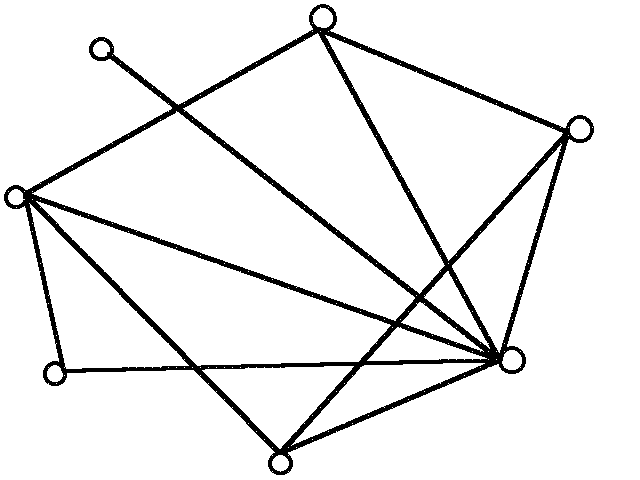And I've talked to mathematicians here, read some of the history, and wondered just why the students exit these programs with such strength in so many mathematical ares - what do they do differently? I experienced a piece of that yesterday.
One of my classes here is Spectral Theory - specifically Inquiry-Based Spectral Theory, as I may have mentioned earlier. The course is structured thusly: every week, we are assigned a problem set and start to work on it around Friday (class is Wed-Thurs), can email the professor questions, but are supposed to come into class on Wednesday with at least a few ideas for every problem, hopefully some full proofs. Then in class, problem by problem, those with ideas get up and present their proofs at the board. We are supposed to comment and ask questions, be hard to convince, and really make the person at the board explain what they are doing and convince us. Ideally, we do this without Miklos, the professor, doing anything. Right now, though, we're not quite adept at doing everything by ourselves, so he urges and points us in directions, says things like "Are you sure about what he just did there?" and "Emily, I think you muttered something important. Say it louder." Things like that.
And let me just say that Spectral Theory has a lot to do with Graph Theory (roughly speaking, dots and lines) and Linear Algebra (roughly speaking, matrices 'n stuff).
 | |
| The dots are called 'vertices', and the lines are called 'edges'. You'd be surprised how many interesting things can be said about these dots 'n lines. |
Second bit about Miklos: the other day, he asked us, "What do you think it means to have a vertex " [vertex means dot, remember] "of a graph at infinity?" -- we students stared at each other. "What do you mean, 'at infinity'?" we asked, "what is infinity in terms of a graph, anyway??" -- and he looked back, smiled "Infinity is love, guys. Trust me. I'm doing a poetry reading later." And no further comments. I still don't know what a vertex 'at infinity' is.
But what I really wanted to mention was what happened yesterday in class. Yesterday, a student presented a proof of a complicated theorem at the board. It took at least twenty minutes to discuss through the whole thing, and we were quite critical - asking questions to clarify our own understanding, catching details that were unclear. It was a tricky argument, but with very cool conclusions.
When it was done, Miklos said to us all: "You all understand this?" Heads nodded around the room. "Good. It's a lovely proof. But it's wrong. If this were true, it would prove something a great deal more general than what the theorem was asking to prove." My heart started pounding - I had finally understood what was happening in the proof, had convinced myself of all of it, had followed the arguments, had complicated notes - and it was wrong?
"Look at this proof. Find the error. You have two minutes."
Imagine you are me and the other students in this classroom. Several things are happening in this moment. 1. You are feeling a small bit of self-hatred for having believed so thoroughly a proof that was incorrect. You should have noticed something was wrong. 2. You are feeling a bit angry for having taken such careful notes on this incorrect proof, and are worried about the time it will take to find a correct one. 3. You are confused and still stuck on understanding the proof -- this moment is like having handed in a paper in philosophy and someone telling you there is a large logical flaw in your argument. That's the best analogy I can come up with. So, 4, you stare at the board and at your paper. "Check every step, guys," Miklos says. You do - frantic, searching. What was obvious before now seems unobvious, you feel the need to check every tiny thing ---
"Time's up. Who found the error?" Everyone looks around guiltily. "No one?" He sounds disappointed.
Pause.
"That's good. Because this proof is correct."
Silence.
"That's how you need to check your own proofs, guys." You put your head on the desk, laughing and exhausted, trying to imagine how you could so critically examine an argument that you yourself created, let alone one someone else did with a professor telling you there's an error there.
Miklos laughs. "Guys, I do this in my calculus classes - sometimes, I would deliberately give incorrect proofs at the board, and make the students find the error and fix it." I think I would have had a heart attack as a calculus student of his. But man, I think I would be really good at writing proofs.
Hopefully, this class will do the same for me. Damn. That's why they're so good. The trick is to see this as an opportunity to learn - not as a moment to look back and think your background could have been so much better. I really value my Mills degree. But you know, I got my mind and ego whipped in math courses in Germany in one way, and they're going to get whipped here in a different way. I suppose that's the best thing I can do for them.
Don't even get me started on Algebraic Topology.
No comments:
Post a Comment